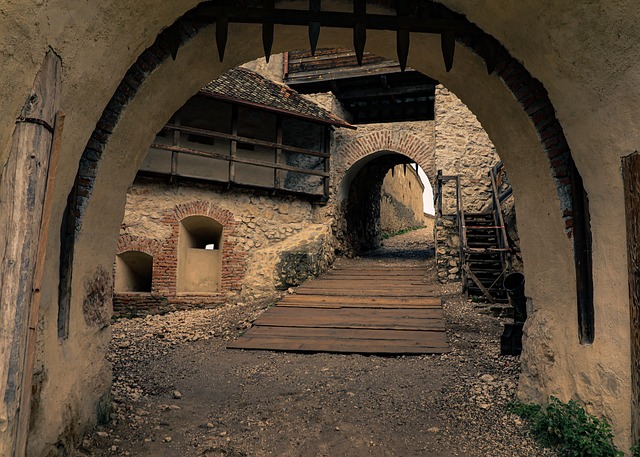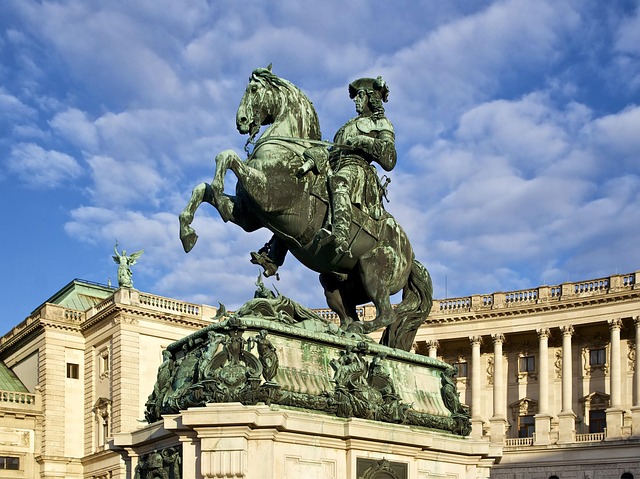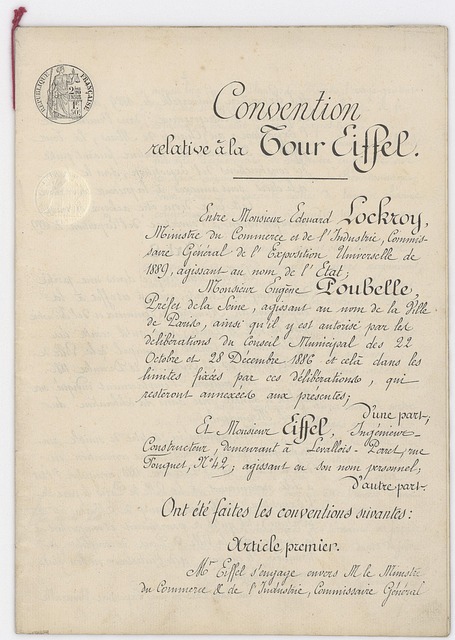Eugene's economy, born from its 1859 founding and agricultural roots, has evolved into a diverse hub of high-tech manufacturing and innovation. Strategic location, infrastructure, and favorable business environment attracted various industries, leading to the expansion of technology, healthcare, education, and tourism sectors. Its rich history, marked by resilience through economic shifts, has preserved its unique character while fostering sustained growth and cultural vibrancy. Eugene's transformation showcases a blend of its founding vision and forward-thinking spirit in a thriving Pacific Northwest economy.
Eugene, with a rich history dating back to its founding, has witnessed remarkable economic evolution. From humble beginnings as an early settler community built on agricultural foundations, the city has transformed into a vibrant hub of industrial growth and urban development. This journey includes booms and slumps, cultural emergence, and a modern focus on technology and sustainability. Understanding Eugene’s economic past offers insights into its dynamic present and potential future, reflecting its unique founding history.
- Early Settlers and Agricultural Foundations
- Industrial Growth and Diversification
- Urban Expansion and Infrastructure Development
- Economic Booms and Slumps: A Historical Perspective
- Cultural Hubs and Creative Industries Emerge
- Modern Era: Technology and Sustainability Focuses
Early Settlers and Agricultural Foundations

Eugene’s economic development story begins with its founding in 1859, shaped by the vision of early settlers who recognized the region’s agricultural potential. These pioneers were drawn to the fertile valleys and lush forests, laying the groundwork for what would become a prosperous farming community. The area’s diverse landscape, encompassing both fertile plains and towering mountains, offered a wide range of agricultural opportunities.
Settlers established farms, cultivating crops like wheat, barley, and potatoes, while also raising livestock. The city’s strategic location along important trade routes facilitated the transport of goods to markets, fostering economic growth. As Eugene grew, its agricultural foundations solidified, attracting businesses and industries that supported the local farming community, contributing to a robust and resilient economy.
Industrial Growth and Diversification

Eugene, with a rich history dating back to its founding in the mid-19th century, has witnessed significant economic transformations over the years. Initially, the city’s economy was heavily reliant on agriculture and logging, reflecting its deep roots as a rural community. However, Eugene’s industrial growth and diversification have been remarkable, evolving into a hub for high-tech manufacturing and innovation. This transition is a testament to the city’s adaptability and strategic planning, attracting diverse industries and fostering a robust economic landscape.
The expansion of light manufacturing and technology sectors has been pivotal in shaping Eugene’s modern economy. The city’s strategic location, coupled with its skilled workforce and supportive business environment, has encouraged companies to set up roots or expand their operations. This industrial diversification not only ensures economic stability but also opens doors to various employment opportunities, contributing to the overall growth and prosperity of the region, as highlighted by its unique founding history.
Urban Expansion and Infrastructure Development

Eugene, with a rich history dating back to its founding in 1859, has witnessed significant urban expansion and infrastructure development over the years. As a small agricultural settlement initially, the city’s transformation into a vibrant metropolis is a testament to its resilience and forward-thinking approach. The construction of major thoroughfares, such as Highway 101 and Interstate 5, facilitated easier access and connected Eugene to larger economic centers, fostering growth and attracting diverse businesses.
This expansion was further fueled by the development of essential infrastructure like the city’s modern airport and an efficient public transportation system. These improvements not only enhanced Eugene’s appeal to residents and visitors but also played a crucial role in its economic diversification, supporting industries ranging from technology and healthcare to education and tourism, all contributing to a robust and resilient local economy.
Economic Booms and Slumps: A Historical Perspective

Eugene’s economic journey is a captivating tale woven into its founding history. From its early days as a modest logging town to becoming a vibrant university city, the region has experienced significant booms and slumps. The 20th century brought rapid growth, fueled by agricultural innovation and the establishment of the University of Oregon, attracting businesses and diversifying the local economy. This period saw the rise of bustling markets and a thriving services sector.
However, the economic landscape isn’t without its challenges. Slumps occurred, notably during the Great Depression, when the region, like many others, faced unemployment and economic hardship. Yet, Eugene’s resilience showed through as it navigated these periods, adapting to changing industries and laying the groundwork for future prosperity. This historical perspective highlights the city’s ability to weather economic shifts, ensuring its longevity and continued development over the years.
Cultural Hubs and Creative Industries Emerge

Over time, Eugene’s economic landscape has evolved significantly, reflecting its rich founding history and the dynamic nature of its communities. One notable development is the growth and prominence of cultural hubs and creative industries. As the city matured, a vibrant arts scene began to take shape, with galleries, theaters, and music venues becoming integral parts of the local fabric. These cultural institutions not only enrich the lives of residents but also attract visitors from around Oregon and beyond, contributing to the city’s economic diversification.
The emergence of creative industries has been a game-changer for Eugene’s economy. From design studios to tech startups, the city has become a hub for innovative businesses. This shift aligns with the city’s founding spirit of cultivating diverse communities and fostering creativity, solidifying Eugene’s position as not just a cultural gem but also an economic powerhouse in the Pacific Northwest.
Modern Era: Technology and Sustainability Focuses

In the modern era, Eugene has transformed from its humble beginnings as a founding settlement into a thriving center with a distinct focus on technology and sustainability. The city’s economic development has been significantly shaped by its commitment to embracing innovative solutions and promoting eco-friendly practices. This shift is a testament to the community’s resilience and forward-thinking nature, building upon Eugene’s rich founding history.
Technology has become a cornerstone of Eugene’s economy, with a growing startup scene and a strong presence in fields like software development and clean energy. The city’s strategic investments in renewable resources and green infrastructure have also positioned it as a leader in sustainability. These efforts not only contribute to environmental preservation but also attract businesses and talent seeking to be part of a forward-thinking community, further fueling Eugene’s economic growth and diversification.














